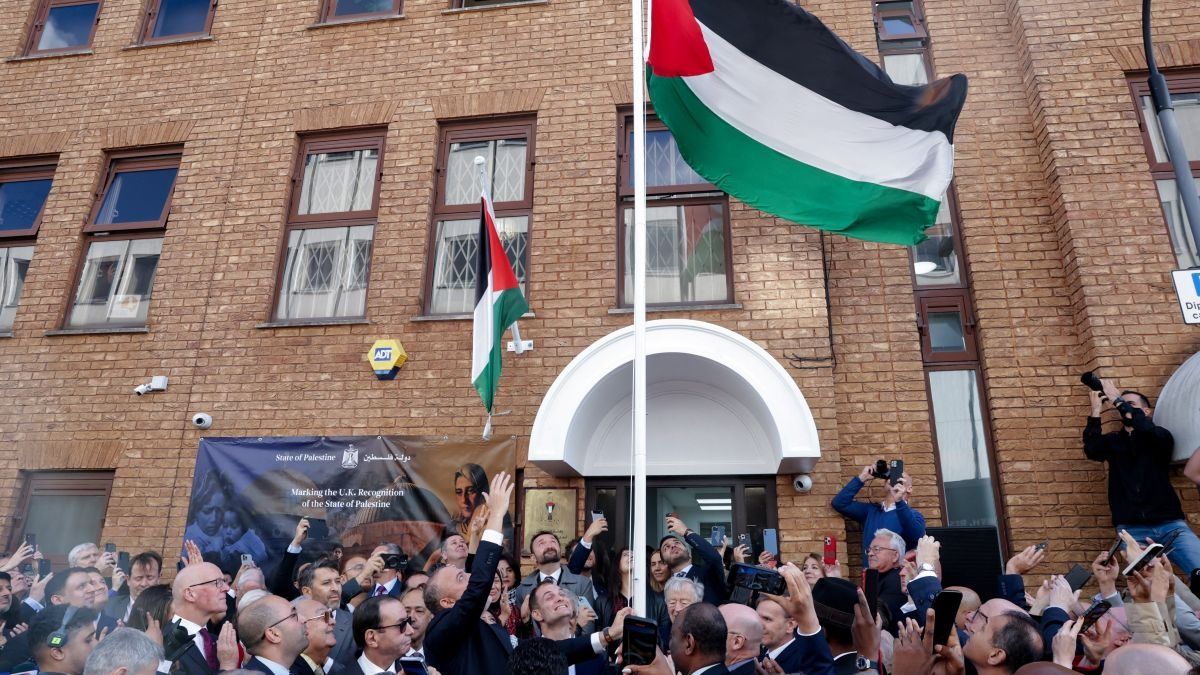Troupe of Western nations recognize Palestinian state ahead of UN meeting
Australia, Canada, Portugal, and the United Kingdom all followed through with pledges to recognize a Palestinian state on Sunday, just in time for the start of the United Nations General Assembly’s main meetings. France is set to formally follow suit today. The move is an effort to pressure Israel to end its war in Gaza, but it seems to have had the opposite effect: citing the news, several Israeli ministers urged the military to annex the West Bank. Not every major Western nation was on board with the plan: Germany said recognition should come at the end of the peace process, and Italian Prime Minister Giorgia Meloni said recognizing Palestinian statehood now would be “counter-productive.”
Philippine protests turn violent
The Philippines became the latest country in Southeast Asia to face disorder, as 33,000 people gathered in Manila on Sunday to decry the government’s reported misuse of funds allocated for flood relief efforts. The protests also took a violent turn, as police arrested dozens of people suspected of hurling various makeshift weapons at officers stationed near the presidential palace. The unrest began earlier this month when a wealthy couple that leads many flood-control projects showed off their luxury cars during media interviews – this was especially painful for Philippine citizens, since the country is regularly hit with storms and many live in poverty.
Russia tacks another year onto key nuclear arms treaty
Russian President Vladimir Putinsays Russia will observe the last remaining US-Russia nuclear arms pact for one more year. The so-called “New START” Treaty of 2010, which limits the number of warheads and bombers each side can hold and deploy, is set to expire in February. Bilateral inspections collapsed several years ago due to the Ukraine war and no new treaty has been negotiated; at least theoretically, New START remains in effect. Putin’s decision is welcome, but it merely punts two key questions: will the US and Russia reach a new pact to limit the world’s most destructive weapons, and how will any new arms control system take into account the growing nuclear arsenal of China?
